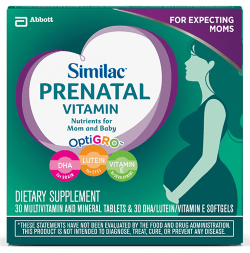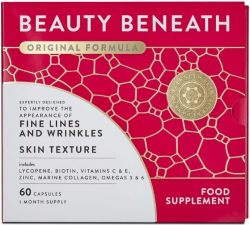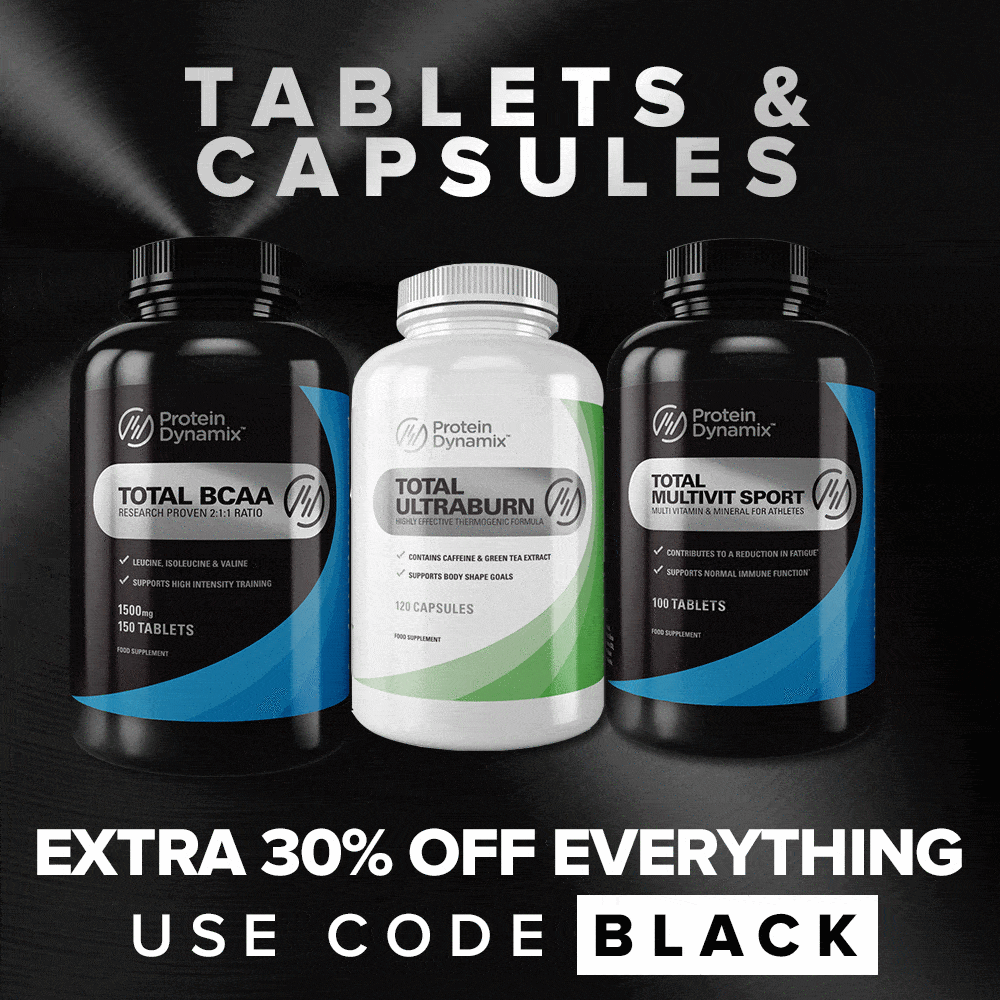Healthy Women Nutrition
Eating a healthy diet helps with maintaining positive mood, energy levels and the maintenance of a healthy weight. Good nutrition throughout the different stages in a woman’s life can also help reduce the symptoms of pre-menstrual syndrome, boost fertility, make pregnancy and nursing easier, ease the symptoms of menopause, and keep bones strong.
After puberty women’s nutritional requirements become different to that of men. Women usually need fewer calories than men but require more of some vitamins and minerals to deal with risks associated with menstruation, child-bearing and the menopause. These risks include anemia, weakened bones, and osteoporosis, requiring a higher intake of nutrients such as iron, calcium, magnesium, vitamin D, and folic acid (vitamin B9).
Nutrition supplements for pregnancy and motherhood
Eating healthily during pregnancy is vital to ensure both the developing baby and for the mother do well. A mother needs to eat only an extra 300 calories a day, so it is the quality of the diet that is important, not the quantity. The important vitamins and minerals are calcium, folic acid (vitamin B9), iron, zinc, iodine and vitamins B12 and C.

A pregnant woman does not need more than the daily recommended dose of calcium for non-pregnant women. The recommended daily allowance of calcium for women in childbearing years is between 1,000 mg and 1,300 mg. In contrast, the requirement for more iron whilst pregnant rises significantly. Supplements may also be needed for iron intake since the need for iron rises from an average 18mg a day to 27mg daily, since the volume of blood almost doubles when women are pregnant. There are other needs too during pregnancy, including folic acid needed for new cell development. Many doctors recommend that women take a pregnancy supplements that includes folic acid, just to make sure they are getting the recommended 400 to 800 mg. Vitamin C for normal gum, tooth, bone and body tissue formation. Zinc to maintain healthy cells and iodine for the normal mental development of the baby.
Taking iron supplements may interfere with the absorption of zinc, so women taking iron supplements should continue to eat iron-rich foods. Iodine can be difficult to include in food, so a multivitamin supplement that contains iodine and is safe for pregnancy is often recommended.
Healthline Partner Solutions
Get Answers from a Doctor in Minutes, Anytime
Have medical questions? Connect with a board-certified, experienced doctor online or by phone. Pediatricians and other specialists available 24/7.
Nutrition during breastfeeding
When breastfeeding the mother’s diet should be rich in protein, calcium, iron, vitamins and fluids, with a variety of foods from each key food groups each day. After delivery, lactating women need far less iron, only about 9 mg, because they are no longer menstruating. But as soon as women stop breast-feeding, they should return to 18 mg a day. However, women who were anaemic during pregnancy may need to continue taking iron supplements whilst nursing.
Beauty vitamins and supplements
For healthy hair, glowing skin and strong nails, ensure good healthy nutrition as a priority. There are supplements available that can provide all these, but they can also be found in foods.

Vitamin D, protein and omega-3 fatty acids, all found in salmon, promote hair growth by keeping the scalp healthy. Betacarotene found in carrots, sweet potatoes, spinach, apricots and more, will keep skin healthy by acting as a natural sunblock. Vitamin E, Vitamin B and healthy fats such as those found in avocadoes protect and strengthen hair.
Vitamin B7 (also known as biotin) is contained in egg yolks and in oats. If nails are brittle and hair is being lost, B7 can reverse such conditions. Oats also contain antioxidants, magnesium, and potassium, all good for cellular support.
Vitamin C is a powerful antioxidant that helps prevent hair breakage and repairs the skin from any damage caused by exposure to UV rays and environmental toxins. Vitamin C also helps to boost collagen production, promoting the skin’s firmness and elasticity. Spinach and all berries are great sources of phytonutrients, which have antioxidant and anti-inflammatory benefits. Spinach also helps with the skin’s elasticity.
Menopause nutrition
After menopause, a woman’s need for iron falls, but requirements for some other nutrients increase because the body loses some of its ability to absorb or metabolise them. These include calcium. Although some bone loss is inevitable with age, women can slow the process by getting enough calcium and vitamin D. Women between the ages of 50 and 70 need 1200 mg of calcium and 600 IU of Vitamin D a day. Women older than 70 require 1200 mg of calcium and 800 IU of Vitamin D a day. Because the skin becomes less efficient at converting sunlight to vitamin D as we age, older women may need more vitamin D in the form of supplements.
The body's ability to absorb vitamin B12 also declines as women age and if a diet does not include fish, meats, and foods fortified with B12, supplements may be required.

